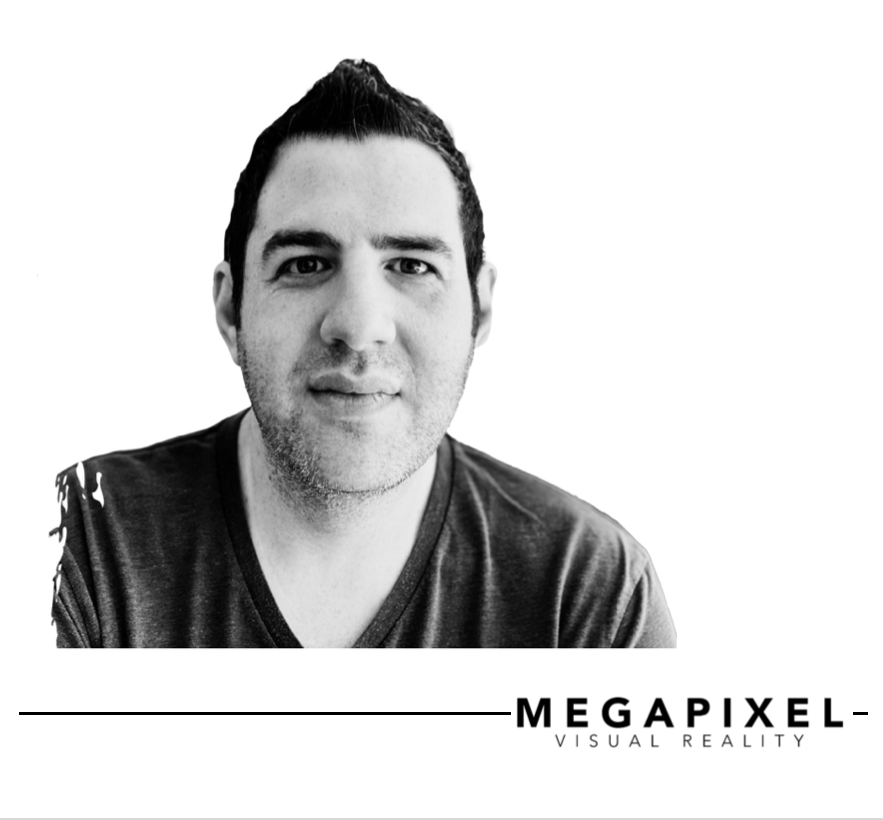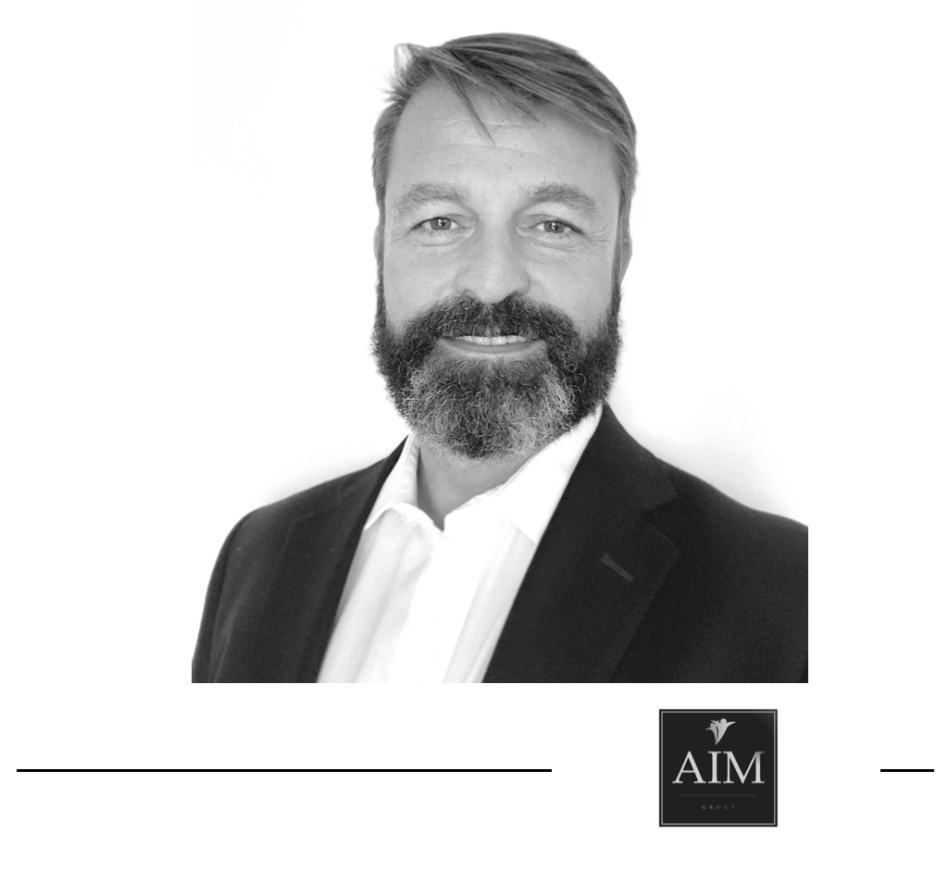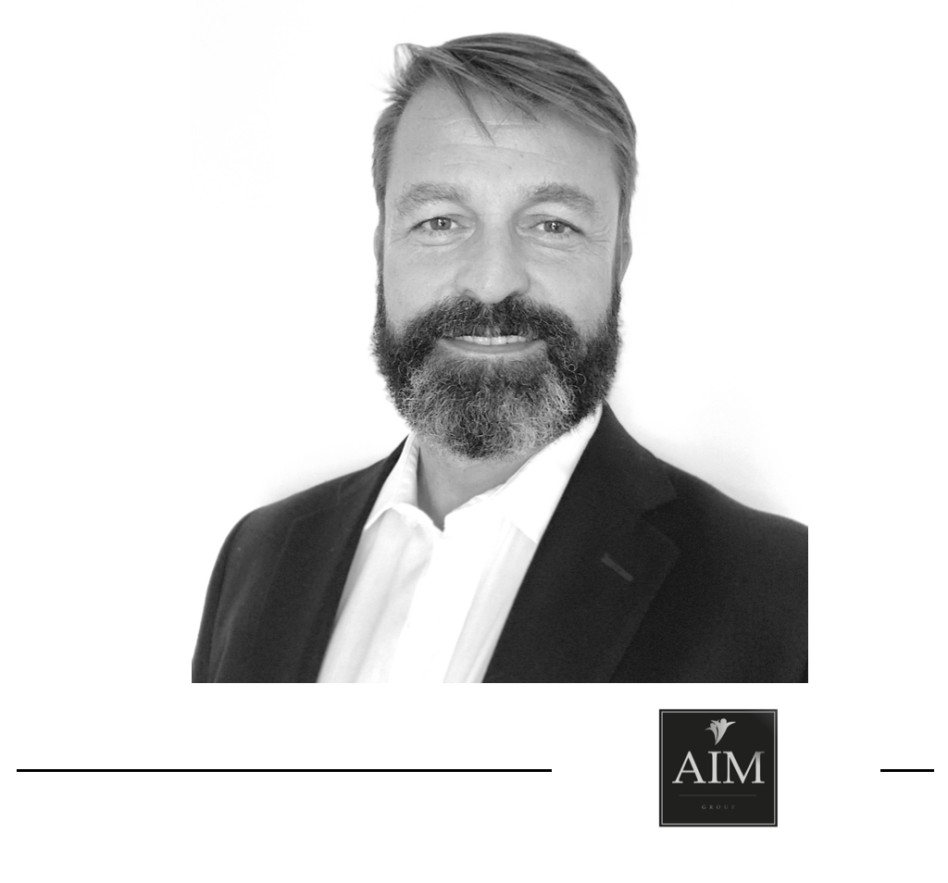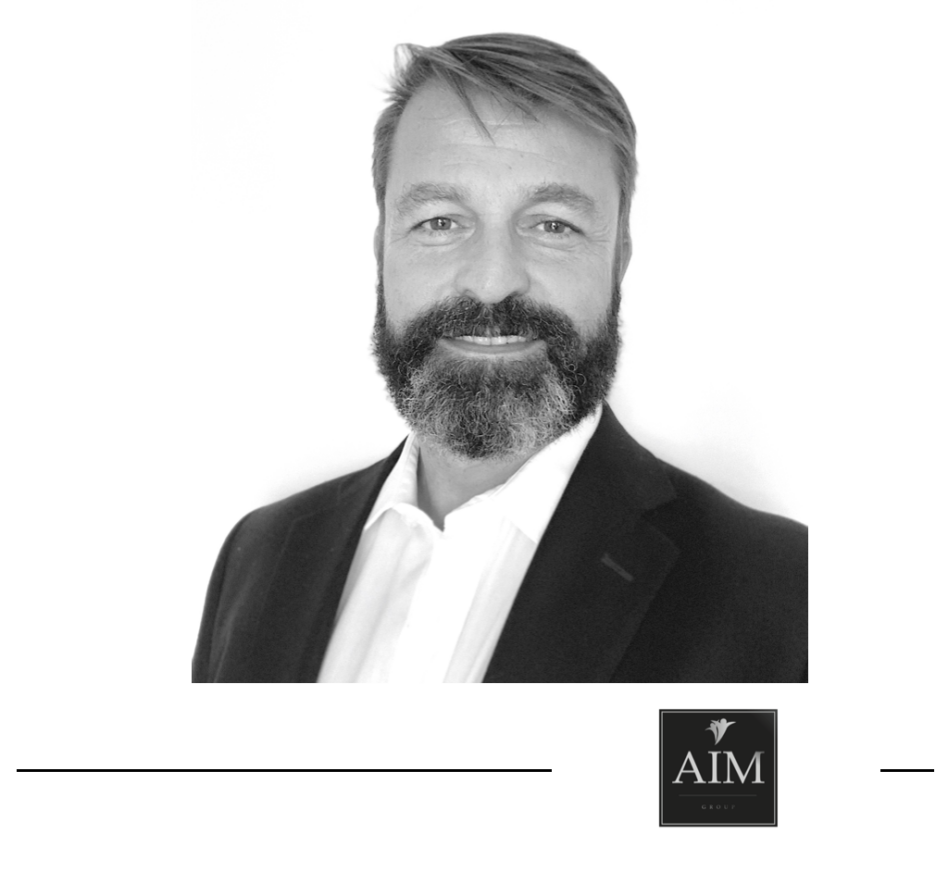By: Jeremy Hochman
Founder
MEGAPIXEL VR
Sitting down to write this letter to my past self, I had a moment’s hesitation wondering what I could possibly say that would feel relatable to the next generation of leaders coming up amidst to-day’s unprecedented times of an ever-in-flux pandemic and all the uncertainties that come with it. But, then it dawned on me that a similar time of upheaval and personal health crisis actually shaped who I am as an inventor and CEO far more than I often give it credit for: I was diagnosed with a brain tumor at age five.
For what seemed like a never-ending summer, I vividly remember being stuck in a hospital room that felt nothing short of a prison cell for the active kid I was back then. What’s more, after a successful surgery, I immediately found myself in what felt like a different person’s body facing bio-chemical changes I’d need to learn to live with for the rest of my life — suddenly the beanstalk-thin kid who was always outside playing sports had transformed into a chubby kid on bed rest who had to slow down and heal.
Laid up in that hospital bed, I quickly started developing new interests to save myself from boredom — namely, the sports that were now off-limits gave way to Legos, puzzles, and other games that involved analytical thinking. Then, pretty soon, I was applying my competitive nature and newfound love of problem solving to starting a series of small businesses and spending my weekends begging my parents to drive me to patent lawyers’ offices and machine shops.
At the time, I viewed my shifting hobbies as something temporary I was doing out of necessity to make the best of my situation, but looking back I see how this time of struggle was shaping me and my path in a lasting way.
Furthermore, on a much bigger scale I now see this transition time not only shaped my interests and helped me redirect my competitive focus from physical to cerebral endeavors, but it taught me the broader life lesson of becoming a highly adaptable person who knows how to pivot.
This ability to pivot — a skill I hadn’t even been aware I was developing — eventually proved vital when I founded a furniture company fresh out of college and then (mere months later) ended up making the decision to turn it into a tech company. This kind of shift sounds nuts, right? It certainly did to most people I knew back then, but at the time I had noticed a trend I couldn’t ignore: one of our table designs had LED lighting inside of it, and when the light-up top started selling like gangbusters to music video and concert designers, I knew it was time to take advantage. Years later, I realize this pivot gave birth to a whole industry that hadn’t existed before — the industry of creative LED in which there are now hundreds of companies and tens of thousands of jobs as a result of this one inflection point.
Honestly, I’m not sure if I would have been able to see this out-of-left field opportunity to pivot my first company if my childhood illness hadn’t prompted me to reimagine my life so drastically at a young age. One thing I do know for sure is I definitely couldn’t see the whole scope of what my health experiences were teaching me about adaptability when I was five. Let’s be honest, back then I was mainly bummed I couldn’t play baseball anymore, but I think there’s great inspiration and hope to be found in how life’s lessons sometimes cumulate and pay off when we least expect it. Put another way, sometimes the deal we don’t close today ends up serving as the exact set of training wheels we needed for a much bigger deal 10 years down the line.
Lately as I face the era of the COVID-19 pandemic along with the rest of the world, the lessons I’m learning and the ways I’m transforming look a lot different than they did decades ago. In part, I know this is because my vantage point is different. After all, I’m now in year five of running my third startup, which is a far cry from the early days of scraping to get my first company off the ground, and yet now more than ever I find myself feeling acutely aware of how I am still constantly learning.
This brings me to the second key lesson I most want to share with the next generation of leaders and creative thinkers: the lesson that no matter how senior someone else is, you can rest assured they’re still learning, too.
Just because someone has a lot of experience doesn’t mean they have all the answers, and as a leader you owe it to yourself and your company to rely not on experts but on your own gut for every big decision you make.
Does this mean you shouldn’t seek the counsel of others or surround yourself with experienced mentors and colleagues? Absolutely not. Whenever a seasoned professional is willing to share their institutional knowledge with you this is a valuable resource, but it is never more valuable than your own inner resources — aka, the voice in your head saying either “yes, I agree, this is the way to go” or “no, I just have a feeling I need to go my own way on this.”
I really cannot overstate the importance of always pausing to listen to your own instincts and trusting your gut. In fact, remembering back to my first startup, I realize it’s staggering the way all my worst decisions correlated with moments when I wasn’t following my gut.
Back then, I trusted my co-founders and board members because they were older and more experienced, but sometimes my gut said that by following their advice I wasn’t doing the right thing for the company or for myself as a leader. Sometimes my gut wanted me to suggest different strategies or business partnerships. But, the fact that these people around me were also smart and capable made me feel my concerns weren’t real or weren’t worth rocking the boat. More often than not, these instances where I ignored my gut and neglected to speak up snowballed into a pattern where I wouldn’t let myself voice concerns or divergent ideas the next day because I’d said I agreed with everyone else the day before.
Sounds like a dangerous cycle, right? I’m also guessing it sounds familiar to a lot of young leaders out there. So, my advice on avoiding this cycle is: if something doesn’t feel right, stop, self reflect, and speak up — do whatever is necessary in order to make sure you are proceeding in a thoughtful manner and not simply moving forward because that’s what you did yesterday. Much the same way you don’t always need to follow the advice of experts, it’s not always necessary to follow your past self.
To help me listen to my gut when it comes to the most creative and forward-thinking elements of my work, I’ve adopted a simple rule of thumb: always create behind a closed door and then edit with an open door. I first heard this from my wife (a writer who literally creates and edits every day) and she says she learned it from Stephen King. Regardless of who first coined this wisdom, I can vouch it’s always the way to go.
Give your big ideas time to germinate behind a closed door before inviting anyone else into your thought process to offer advice. Make this a habit if not a rule whenever possible and it will pay off in dividends. If nothing else, this practice will help you avoid groupthink, and I can tell you from experience groupthink is far too easy a way to stagnate and fail to push companies and industries forward.
In closing, I will leave you with a piece of advice I still give myself often. During times of crisis or big change, I center myself by simply remembering to take a few seconds to reflect on the deeper reasons of why I do what I do. Everyone’s “why” is different, but for me my “why” is that I love creating boundary-pushing technologies that surprise and delight people with something they’ve never seen before… I love weaving together art, entertainment, architecture, and technology in unexpected ways that just might brighten someone’s day with a sense of wonder. And, I love imagining that one of these people might be a scared five- year-old kid stuck in a hospital room who suddenly finds himself feeling a little less scared and a little more inspired when he glances at my work on a TV screen and simply says “wow.”
I look forward to seeing all the ways you and the next generation of leaders surprise me and wow the world.




